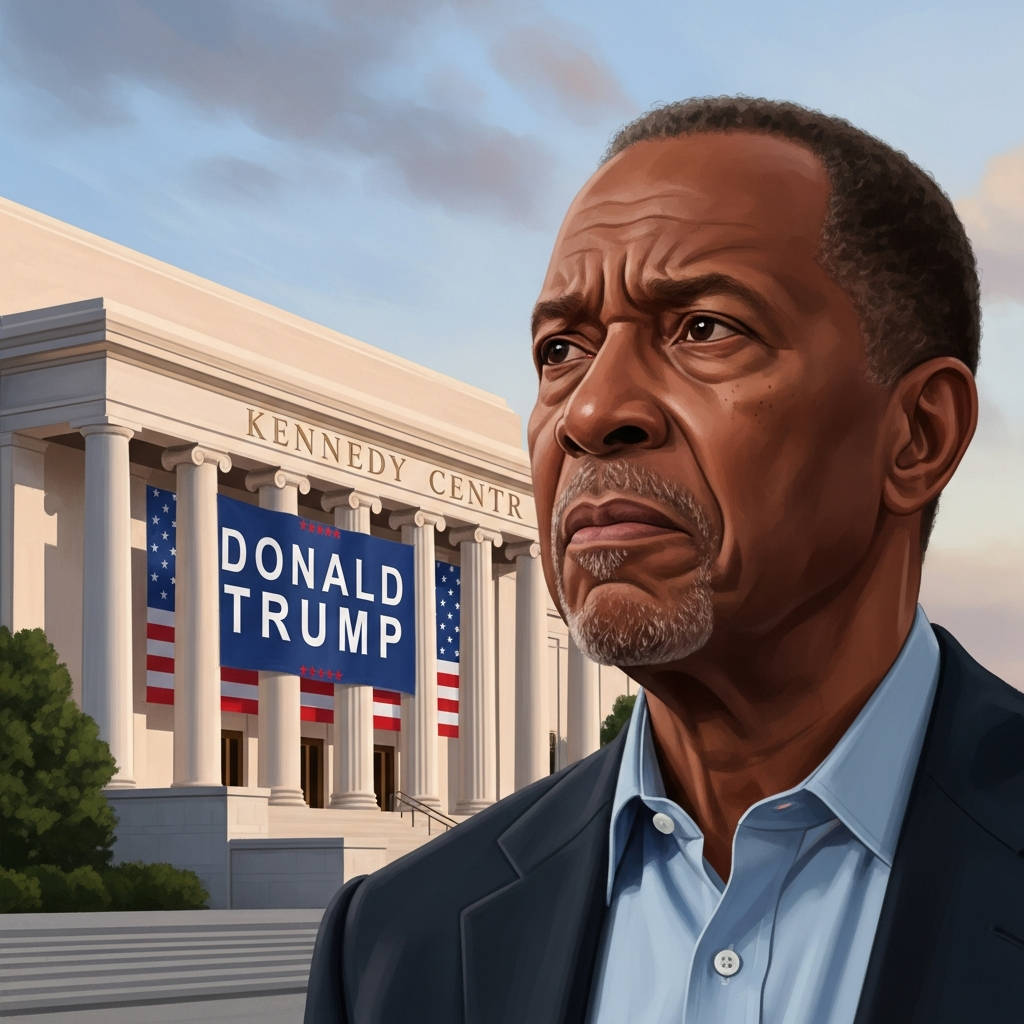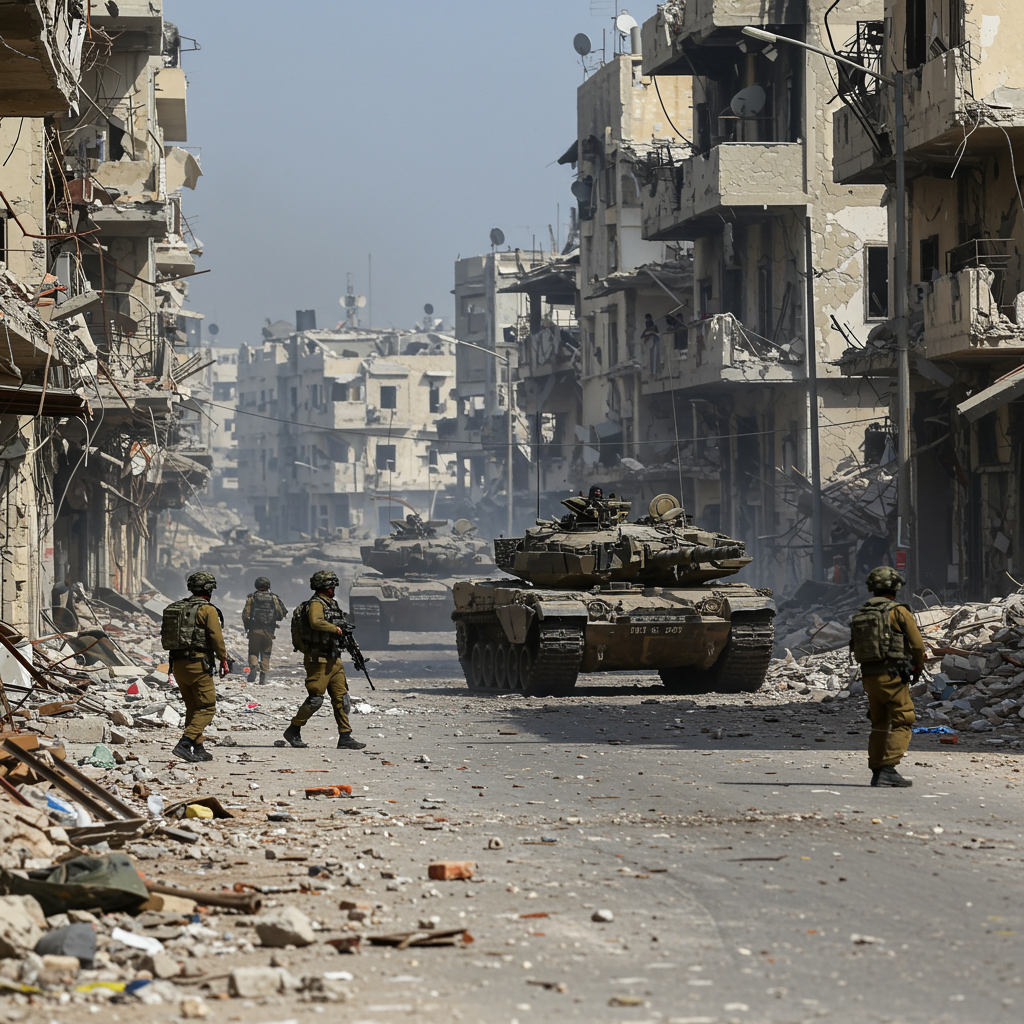Trump Claims Advance Knowledge of Israeli Strikes on Iran, Warned Tehran
Former President Donald Trump revealed in a recent interview that the United States government under his administration possessed comprehensive knowledge of Israel’s plans to conduct military strikes against Iran. Speaking to Reuters, Trump stated, “We knew everything,” regarding the operation that targeted Iranian nuclear facilities, ballistic missile factories, and military commanders.
The strikes, which Israel described as the beginning of a prolonged effort to prevent Tehran from acquiring nuclear weapons, triggered significant retaliation from Iran. Following the Israeli actions, Iran’s Revolutionary Guards launched missile and drone attacks against Israeli targets, with Iranian officials warning of further “painful” revenge and declaring the Israeli strikes a “declaration of war.” International concern immediately escalated over the potential for a full-scale regional conflict.
Efforts to Avert Conflict and a Missed Deadline
Trump indicated that his administration attempted to avert the Israeli action and its potential fallout by pressuring Iran to reach a deal on its nuclear program. “I tried to save Iran humiliation and death,” he told Reuters, adding, “I tried to save them very hard because I would have loved to have seen a deal worked out.”
He disclosed that he had given Iran a specific timeframe to negotiate, stating, “We knew enough that we gave Iran 60 days to make a deal and today is 61.” This suggests the strikes occurred shortly after the deadline expired. Trump had reportedly urged Israeli Prime Minister Benjamin Netanyahu to delay any military action to allow diplomacy more time, despite also having previously threatened to bomb Iran himself if nuclear talks failed.
Uncertainty on Iran’s Nuclear Future
Following the extensive Israeli bombardment, which Israel claimed hit hundreds of sites, including the main enrichment facility at Natanz, questions remain about the current state of Iran’s nuclear capabilities.
“Nobody knows,” Trump said when asked if Iran still has a nuclear program. He characterized the Israeli operation as “a very devastating hit.” Reports from Iranian state media confirmed damage at the Natanz site, though initial assessments downplayed the severity, later reports suggested new explosions. Israel had previously asserted that Iran possessed enough material to produce 15 nuclear bombs within days.
Diplomatic Pathways Remain Uncertain
Despite the military escalation, diplomatic efforts have not been entirely abandoned, though their status is precarious. Trump mentioned that the U.S. still had nuclear talks scheduled with an Iranian delegation in Oman.
However, the strikes have cast significant doubt on whether these planned discussions, involving U.S. special envoy Steve Witkoff, will actually take place. “Now, I’m not sure if that meeting will take place, but we have a meeting with them on Sunday,” Trump stated, adding that he believed it was “not too late” for Iran to make a deal.
Broader Regional Tensions and US Position
Providing context for the decision-making process, Trump confirmed he had convened top national security advisers at Camp David for discussions that included Iran and had also spoken with Netanyahu about the situation.
Regarding the potential for the conflict to widen, Trump expressed a lack of concern about a regional war breaking out, though he did not elaborate on this assessment. He reaffirmed the United States’ strong alliance with Israel, stating, “We’ve been very close to Israel… We’re their number one ally by far.” Asked if the U.S. would support Israel against potential Iranian counterattacks, Trump simply replied that he supports Israel and “We’ll see what happens.”
The escalating situation has prompted widespread international calls for de-escalation and restraint. The International Atomic Energy Agency (IAEA) convened an extraordinary board meeting to discuss the strikes, with the IAEA chief emphasizing that nuclear facilities “must never be attacked” and confirming no increase in radiation levels at affected Iranian sites. The UN Security Council also scheduled an emergency meeting as concerns mounted globally over stability in the Middle East. The conflict has already impacted regional air travel and led to countries like Jordan intercepting Iranian drones heading towards Israel.


